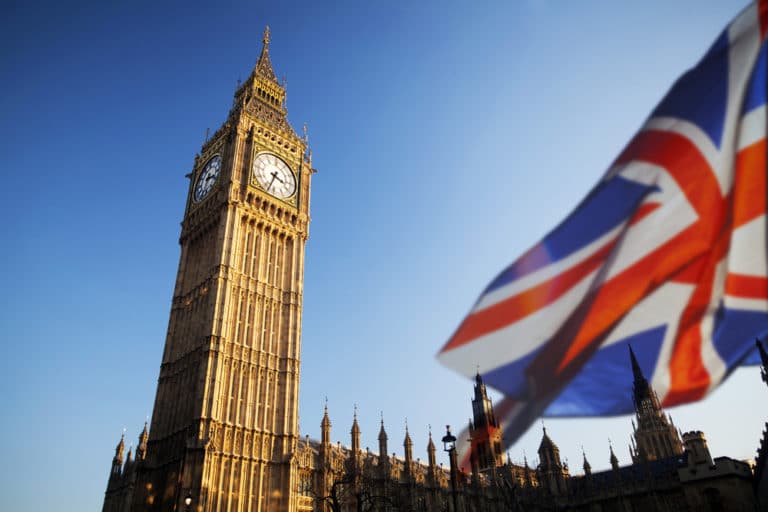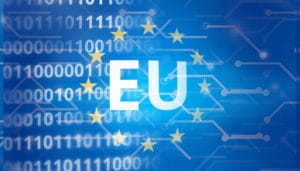MEPs are furious at UK’s ‘dismissive’ manner and believe London is prioritizing business over privacy.
Last week, a three-person delegation from the European Parliament’s Civil Liberties Committee went to London to examine Britain’s plans to reform its data protection rulebook. The results of the visit were “appalling”, according to one of the MEPs.
French MEP Gwendoline Delbos-Corfield, a member of the European Parliament’s Greens, told POLITICO she felt “we were taken for fools” by their British interviewers. The anger stems from a series of snubs and disappointments.
Firstly, UK Digital Minister Julia Lopez quit the meeting halfway through. She apparently had more important things to do. In addition, British Home Office ministers didn’t bother to meet them at all.
The final ignominy came when the UK’s data regulator, the Information Commissioner’s Office (ICO), sent acting executive director Emily Keaney rather than chief John Edwards. Delbos-Corfield said the ICO official “didn’t seem to know anything about data protection” and couldn’t elaborate beyond one-sentence answers.
Business over privacy
“It was appalling, it was all about growth and innovation and nothing about human rights”, the French MEP said about a meeting on reform plans with UK officials. “I never heard them say, protecting data is a fundamental right. Even in Hungary they say this.”
Italian MEP Fulvio Martusciello from the center-right European People’s Party said his impression from the visit was that Britain is “giving in on privacy in exchange for business gain”. Delbos-Corfield was left far from impressed after the visit to London. “In Europe, the protection of the individual prevails; in the UK, the protection of the economy prevails.”
British Digital Secretary Michelle Donelan has vowed to replace the GDPR that Britain inherited from the EU. Still, the UK needs to keep their privacy standards similar to those of the EU if they want to maintain business-critical dataflows with the EU’s 27 member states.



















